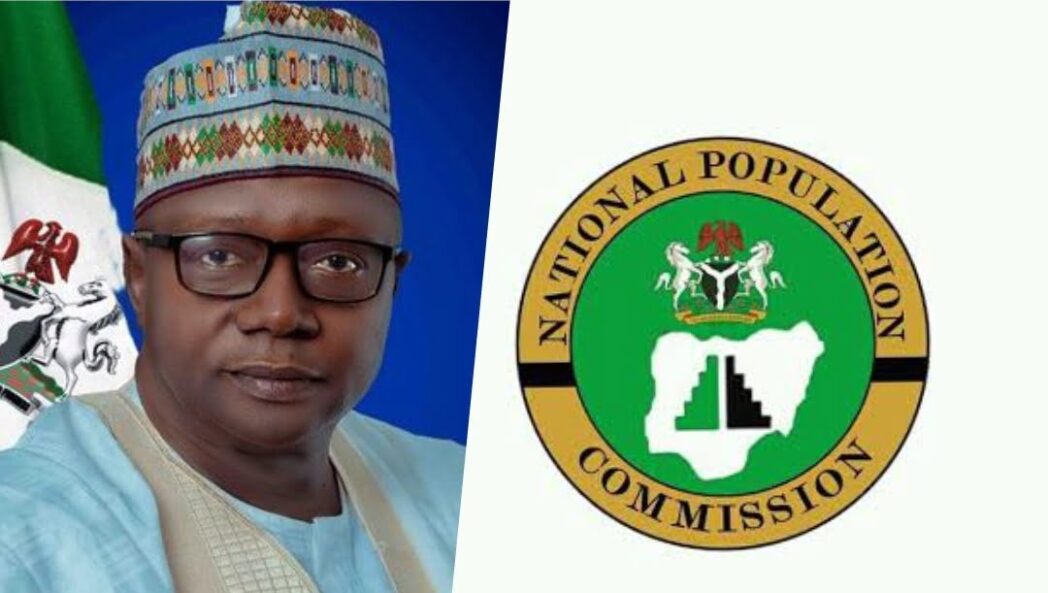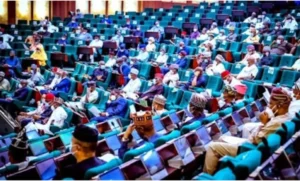
NPC ready to conduct census, waiting for presidential nod – Chairman
The National Population Commission (NPC), is prepared to conduct the National Population and Housing Census but awaiting President Bola Tinubu’s approval for a date, the Chairman, Mr Isa Kwarra, says.
Kwarra said this on Monday in Abuja at a media conference, to herald the commemoration of the World Population Day 2024, marked on July 11 every year.
This year’s celebration is themed: “Embracing the Power of Inclusive Data Towards a Resilient and Equitable Future for All”.
According to Kwarra, the United Nations recommends that we conduct censuses every 10 years.
“The 2020 round of census is ending this year. We will be making a hypothesis to make sure that we conduct the census before the 2020 round of census comes to an end.
“I want to believe that we will get it right, we are just waiting on the president to give us the date, and the commission is ever prepared to do it once we have a date declared by the President.
“The resources should be able to recruit extra hands to help us in conducting a very robust census that will provide inclusive data that is not just verifiable, but will be acceptable by all.
“If we start now, we can achieve it; at least the 2020 round of census gives us an opportunity to extend up to April 2025.”
He, however, said that the commission would prefer to carry out the exercise in November as that was what was planned for earlier in the year.
Speaking about the importance of conducting the census, Kwarra said it would enable the nation have the right information/evidence/data for measuring and predicting likely demographic shifts.
“We need to hold a census that will deploy modern technology to generate timely, reliable and acceptable data required for addressing the different needs of the various population groups.
“Also, to implement interventions that will create opportunities for progress and remove barriers and inhibitions.”
The Country Representative, United Nations Population Fund (UNFPA), Dr Gifty Addico, said that timely censuses would provide the baseline data needed to track progress toward the Sustainable Development Goals (SDGs).
Represented by the Deputy Country Representative, Mr Koessan Kuawu, Addico said that it would also help to formulate policies that addressed the diverse needs of Nigeria’s population.
“In Nigeria, our delay to generate timely inclusive data through the Population and Housing Census and other exercises, have masked the progress made, so much so that obsolete data is being used to assess our progress made towards the SDGs.
“Hence timely population and housing census represents a critical opportunity.
“As we prepare to enter a new 2030 round of population and housing census era, we must ensure that our data generation exercises are prioritised and conducted timely and regularly.
“We must be respectful of individual rights and accurately reflects the multifaceted experiences of all people.
“I therefore call on Nigeria to build a resilient and equitable future, by prioritising investment in comprehensive population data systems, ensuring safe and inclusive data collection, collaborating with marginalised communities, leveraging technology responsibly, and supporting the national census.”
The Chairman, Association of the Advancement of the Family Planning (AAFP), Dr Ejike Orji, said that without census data, the country was like a ship without a rudder for decision makers.
He also said that having committed more than 70 per cent of the resources needed for the census if the exercise was not carried out, Nigeria would lose a lot.
“So that is why we are appealing that government should make sure this happens. If it doesn’t happen, we’re in trouble.”
Speaking to the theme of the day, the Statistician-General of the Federation, Mr Adeyemi Adeniran, said that it held a particular significance for Nigeria, a nation of immense potential and diverse demographics.
“Inclusive data is the cornerstone of informed decision-making and policy development.
“It provides us with the insights needed to understand the realities faced by different segments of our population and empowers us to design targeted interventions to address inequalities and disparities.
He added that Nigeria’s population which was both diverse and vibrant presented both immense opportunities and significant challenges.
However, to effectively harness the full potential of the demographic landscape, the nation needed data that was not only comprehensive but also inclusive.




